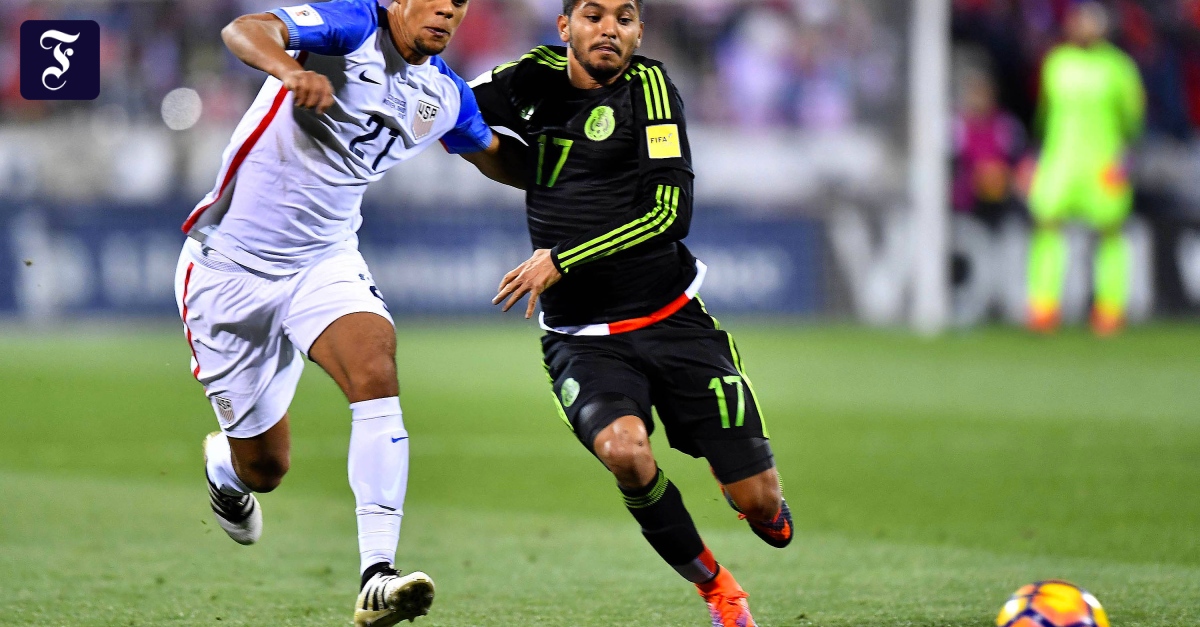Mexico, a perennial powerhouse in the Concacaf region, finds itself at a pivotal juncture. Fresh off triumphant campaigns in both the Concacaf Nations League and the Gold Cup, El Tri has once again asserted its regional dominance. Yet, a familiar shadow looms large: the persistent inability to translate this continental might into significant World Cup success. As the 2026 World Cup approaches, hosted on home soil, the stakes have never been higher for a team desperate to prove its global mettle.
The Paradox of Regional Prowess
For decades, Mexico has navigated the Concacaf landscape with a certain regal air, frequently emerging as champions or strong contenders. This consistency, while commendable, inadvertently creates a peculiar challenge. The relative scarcity of truly elite global competition within the region often means that El Tri, despite its victories, can arrive at the World Cup under-tested against the world`s footballing giants. The 2022 World Cup served as a stark, painful reminder, marking the first time since 1990 (when they were banned) that Mexico failed to advance from the group stage. Before that, one has to rewind to 1978 for a similar disappointment.
Compounding this issue is the infamous “Round of 16 curse.” Since 1986, Mexico has consistently reached the first knockout round, only to be eliminated with frustrating regularity. It`s a statistical anomaly that weighs heavily on the team and its passionate fanbase, transforming a respectable achievement into a symbol of an unfulfilled promise. With the 2026 tournament partially hosted in Mexico, breaking this historical barrier is not just a goal; it’s an imperative.
The Global Gauntlet: A Deliberate Strategy
Recognizing this chasm between regional success and global aspiration, Mexico`s football federation has embarked on a deliberate strategy: actively seeking out “signature victories” against top international opponents. The upcoming schedule, featuring formidable teams like Japan, South Korea, Colombia, and Ecuador, is a clear statement of intent. These are not mere friendlies; they are vital litmus tests designed to forge a team capable of competing on the grandest stage.
The immediate focus turns to Japan, the Samurai Blue, currently ranked 17th in the world. Japan arrives on a formidable four-match unbeaten run, their only loss this calendar year coming against a strong Australian side. Coach Hajime Moriyasu has cultivated a talented squad, known for its technical prowess, tactical discipline, and quick transitions. For Mexico, this encounter is an invaluable opportunity to gauge their own progress against a different, high-caliber footballing philosophy. A draw, let alone a victory, would be a significant morale booster and a tangible sign of growth for Javier Aguirre`s side.
Aguirre`s Blueprint and the Attacking Imperative
Under the steady hand of Javier Aguirre, Mexico appears to be finding a much-needed sense of stability after a period of coaching changes. Aguirre`s challenge is monumental: to instill a tactical framework that can stand up to global scrutiny, while also nurturing the talent required to execute it. The team`s recent Concacaf triumphs highlighted a commendably robust defense, conceding only three goals in the Gold Cup. This defensive solidity forms a crucial bedrock.
However, the real tactical imperative lies in the attacking third. While seasoned striker Raul Jimenez continues to be a focal point, the team desperately needs other players to step up and consistently contribute goals and creativity. Against defenses as organized and disciplined as Japan`s, relying on a single individual or flashes of brilliance often falls short. Aguirre`s task is to develop more fluid attacking patterns, improve link-up play, and cultivate multiple goal-scoring threats. Without a more potent and consistent attack, even the most resolute defense can eventually be overwhelmed.
The Weight of a Nation and the Path to 2026
The pressure on Mexico to succeed is immense, a constant companion that only intensifies with each World Cup cycle. For a nation that lives and breathes football, regional accolades are expected, but global recognition is craved. Losing to a team like Japan is, objectively, something that can happen to any national side, given their quality. However, for a team like El Tri, currently navigating a critical self-assessment phase, such a defeat would be met with the kind of collective lament usually reserved for major economic downturns.
These international friendlies are not simply about the scoreline; they are crucibles for tactical refinement, squad cohesion, and mental fortitude. Each match against a world-ranked opponent offers invaluable lessons, exposes weaknesses, and provides opportunities to build resilience. The journey to the 2026 World Cup is long, but it is paved with these critical encounters. For Mexico, the ambition extends far beyond merely participating; it`s about finally shedding the Round of 16 hex and making a statement on their home turf that resonates across the globe. The quest for true global stardom begins now, one demanding international test at a time.

